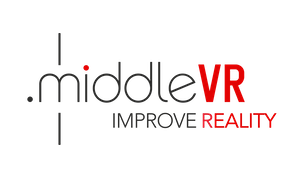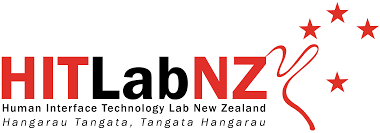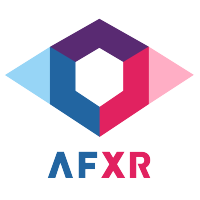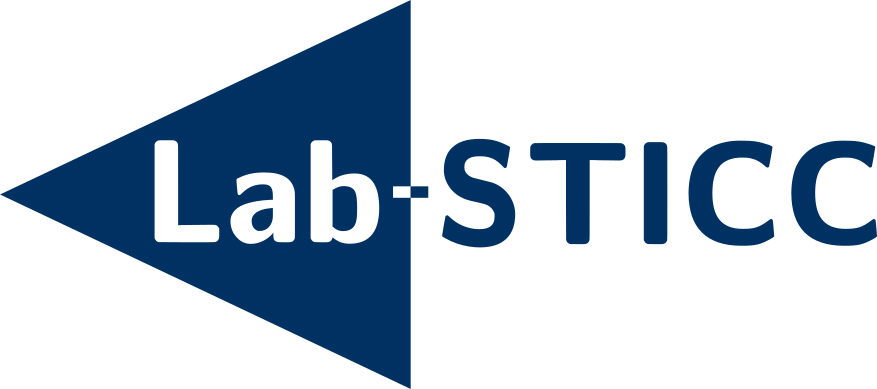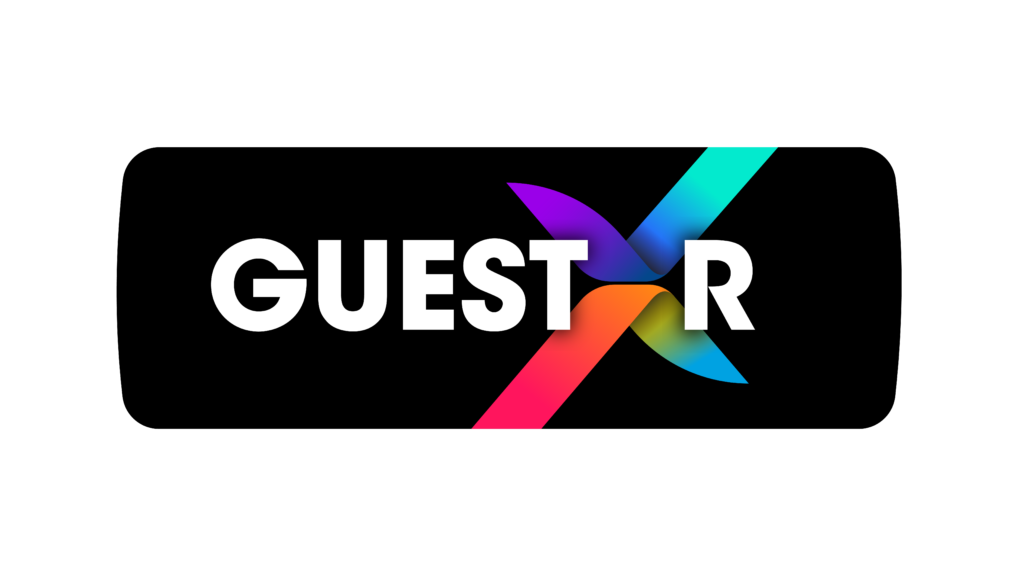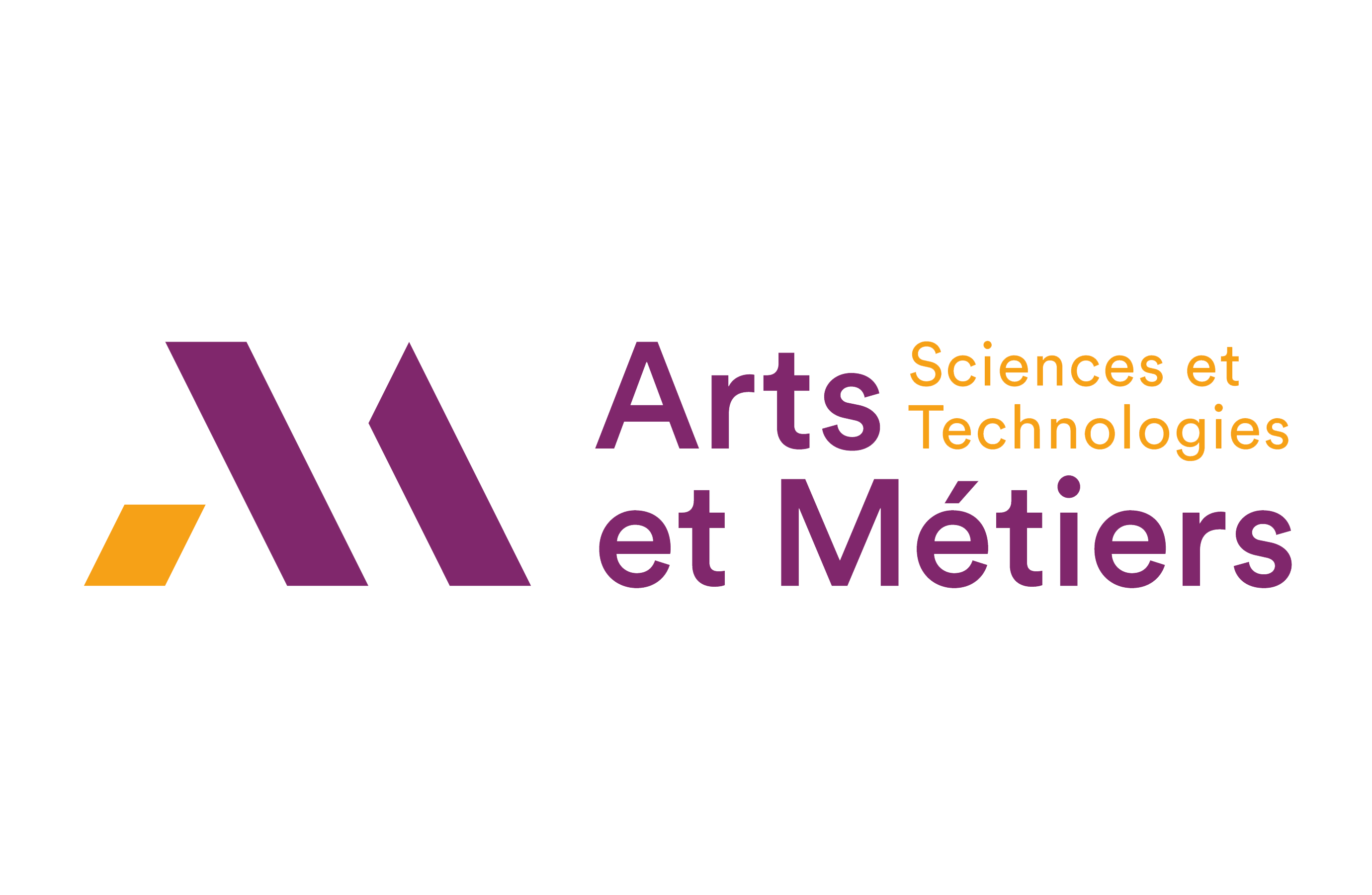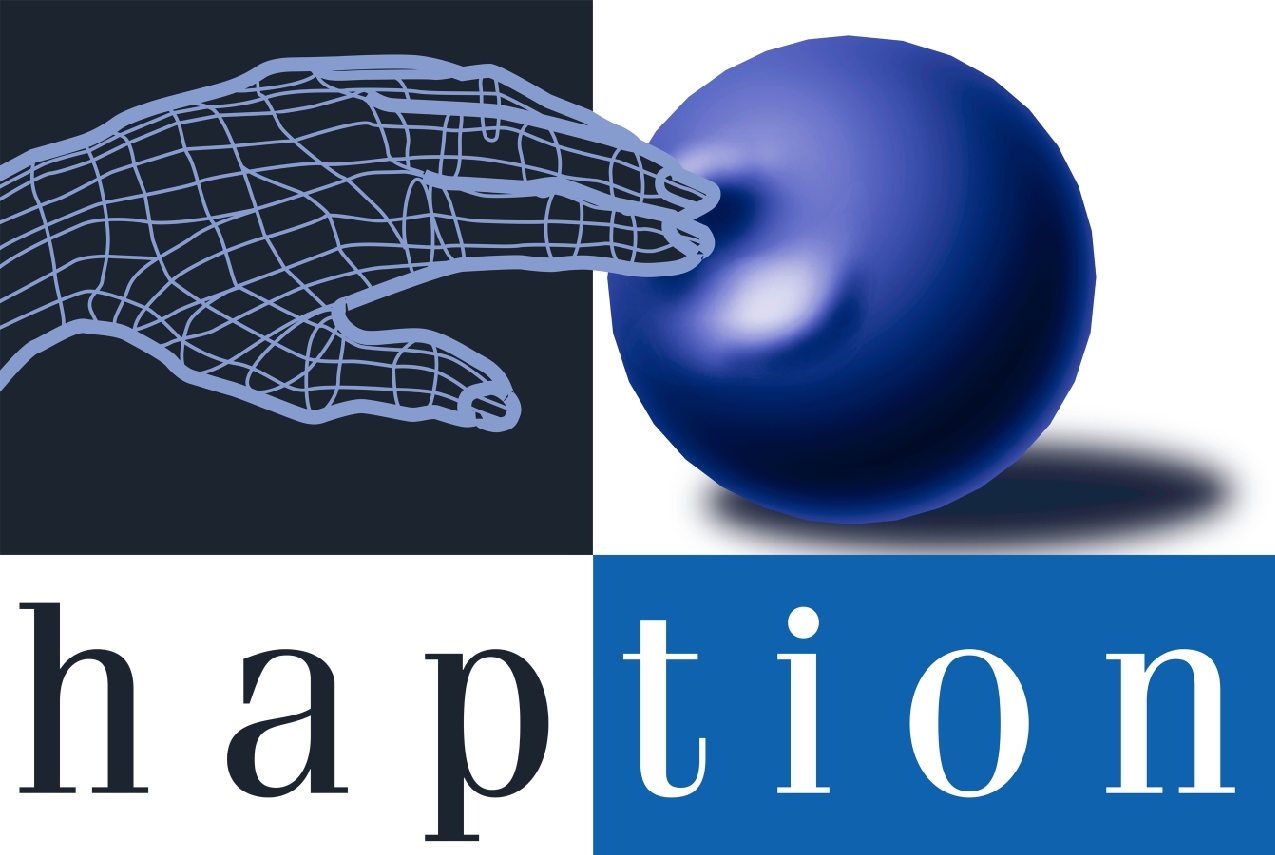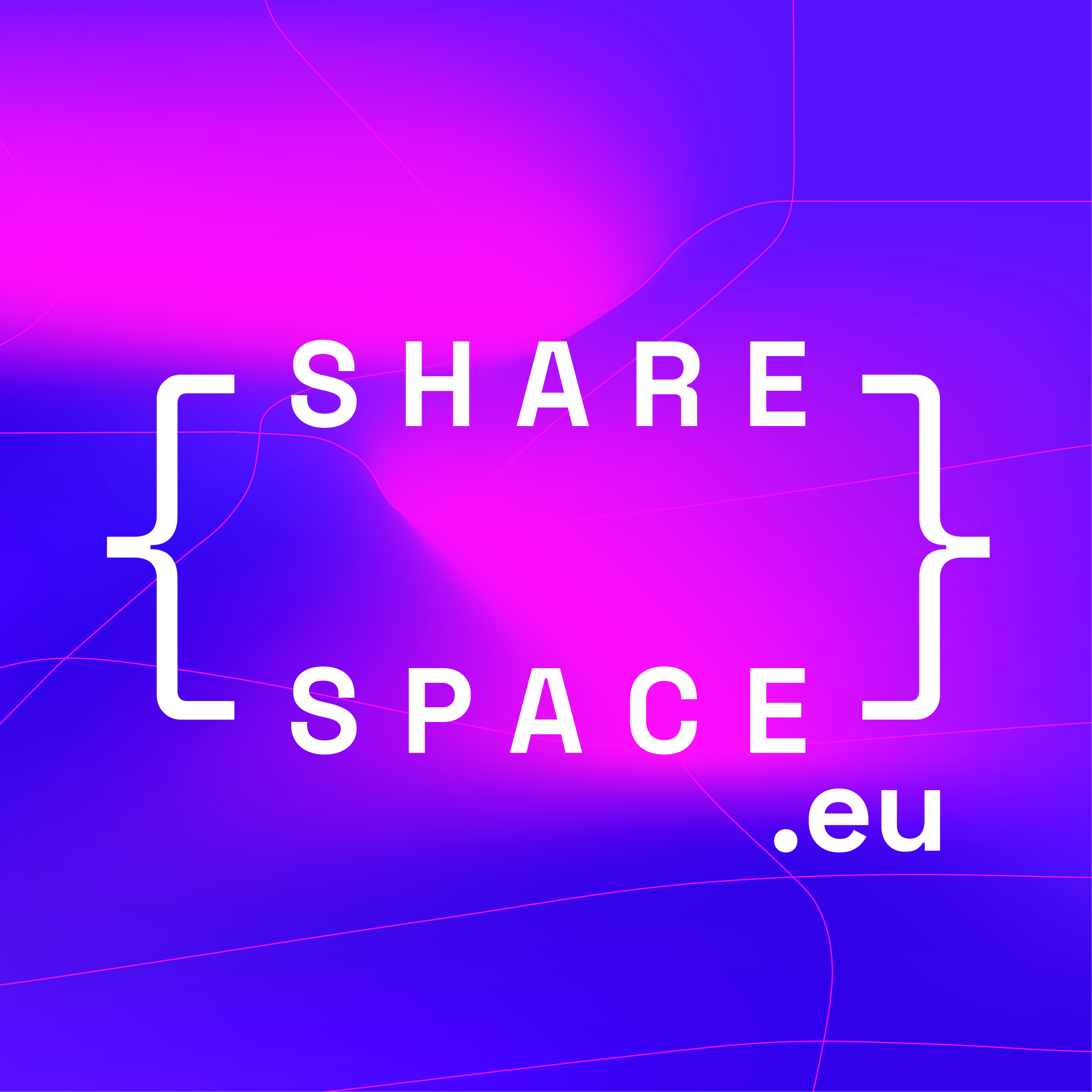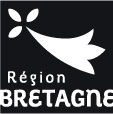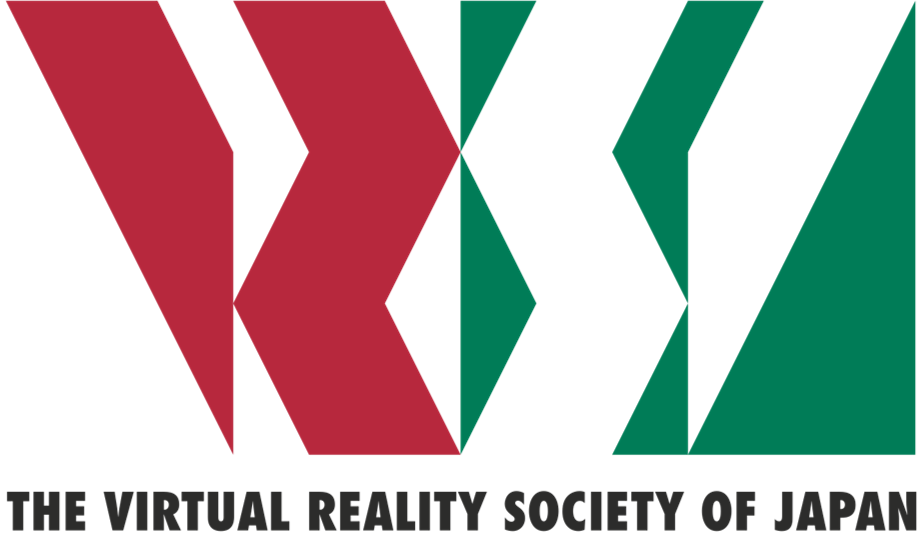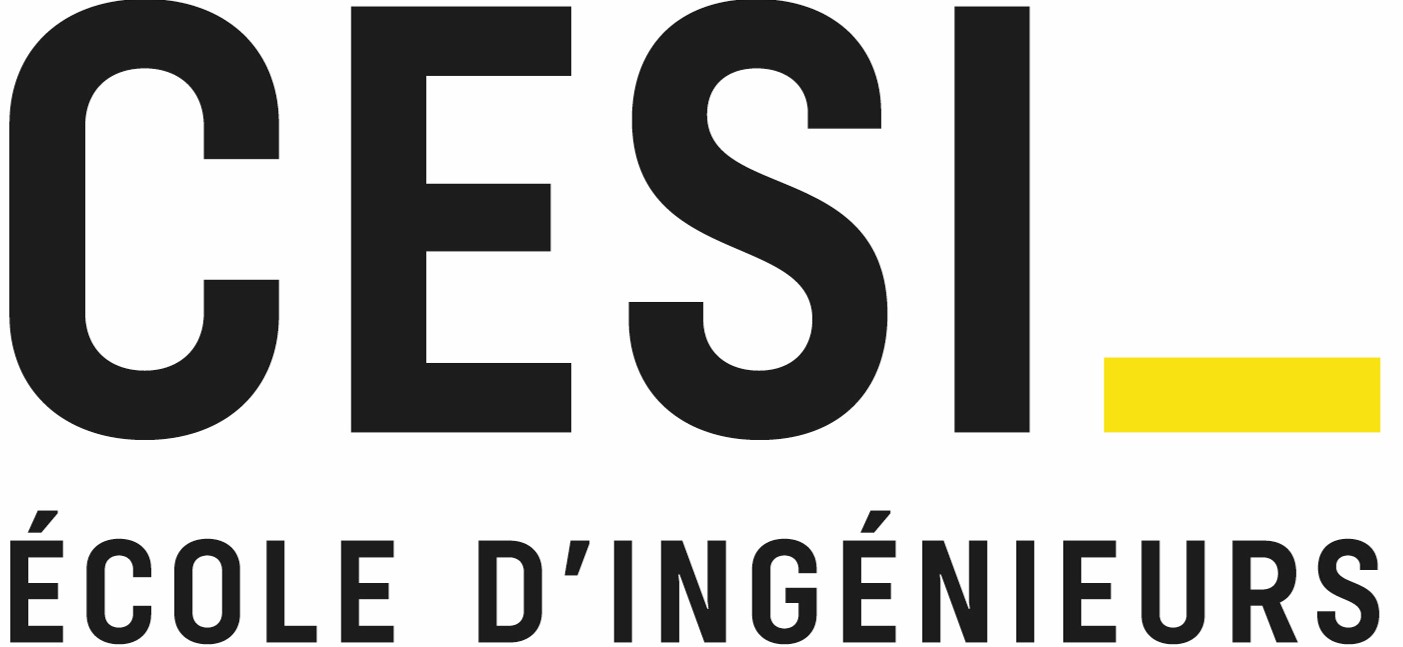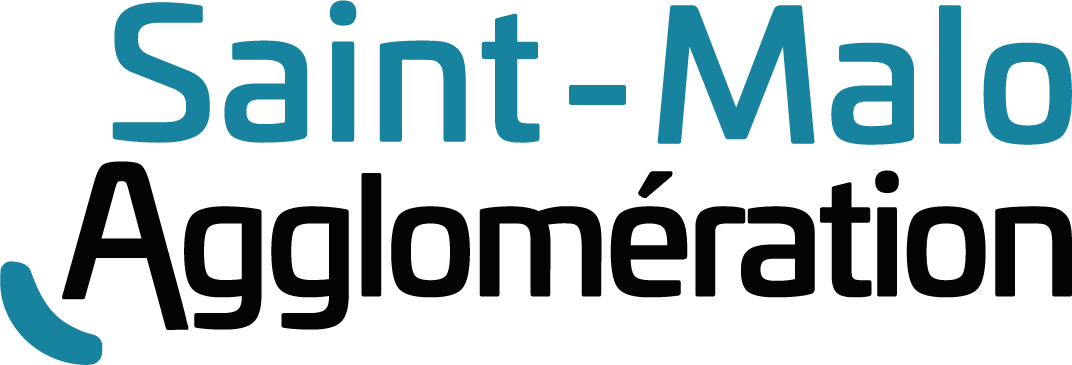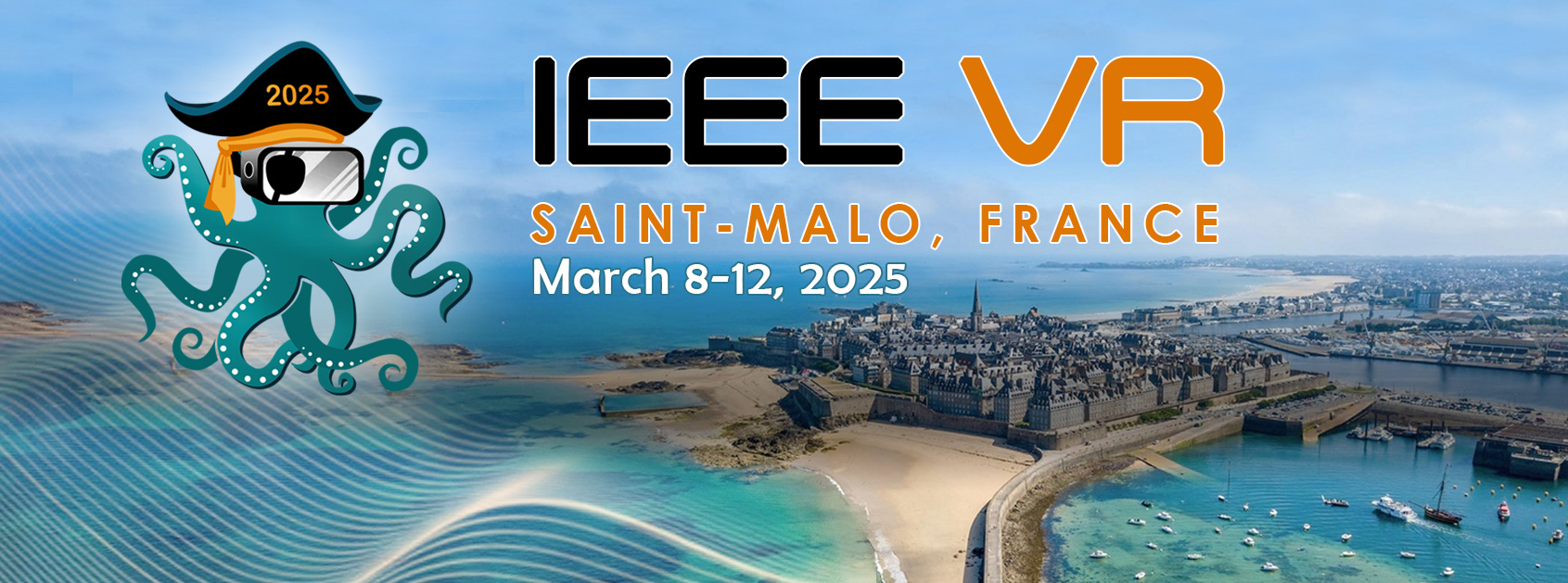
Call for Posters
IEEE VR 2025: The 32nd IEEE Conference on Virtual Reality and 3D User Interfaces
March 8-12, 2025 | Saint-Malo, France
Overview
The 32nd IEEE Conference on Virtual Reality and 3D User Interfaces 2025 seeks poster submissions that describe recently completed work, highly relevant results of work in progress, or successful systems and applications in all areas related to virtual reality, augmented reality, mixed reality, and 3D user interfaces. Presenting a poster is a great way to get feedback on work that has not yet been published.
Initial submissions should be in the form of a two-page extended abstract, which will undergo a review process. The poster design does not need to be submitted on the initial submission deadline. Authors whose posters are accepted will be able to submit their poster as a PDF at the camera-ready deadline so that it will appear together with the extended abstract on IEEE eXplore. In addition, authors of accepted posters will be required to provide a teaser video and a teaser image. More information can be found in the Poster Presentation section of this call.
Poster presentations will be at the physical conference venue and no web-based presentation options will be considered. Authors will need to bring a physical printed copy of their poster to display at the poster session at the conference (instruction will be provided later). At least one author per accepted poster will be required to register for the conference and attend the poster session in person.
Important Dates
December 04, 2024Two-page extended abstract and optional material submission due. The recent Overleaf downtime may have affected many authors' submission preparations, resulting in a one-day deadline extension ending on December 04.January 09, 2025:Notification of results.January 16, 2025:Camera-ready material via PCS (2-page extended abstract, teaser video, and other additional materials).
Information about camera-ready material and copyright submission on IEEE CPS, teaser slide, and poster will come at a later date.
Each deadline is 23:59:59 AoE (Anywhere on Earth) == GMT/UTC-12:00 on the stated day, irrespective of the submitter’s location. The submission deadlines will be strictly enforced. Requests for extensions will not be honored.
Submission Guidelines
https://new.precisionconference.com/submissions
Important: Submissions need to be anonymized. Extended abstract and supplemental materials must not contain information that identifies the authors, their institutions, funding sources, or their places of work. Relevant previous work by the authors must be cited in the third person to preserve anonymity.
Submissions to the poster track must be written in English and in the form of a two-page extended abstract (references included). It should include an abstract with a maximum of 100 words, a concise description of the idea, the results of findings, supporting imagery and figures, and a discussion of the implementations of the work in the selected area of work. Full literature searches are not expected, although relevant citations should be included. The submission must be prepared in the IEEE Computer Society VGTC format (https://tc.computer.org/vgtc/publications/conference/) and submitted as PDF. We highly encourage authors to use the LaTeX template (https://github.com/ieeevgtc/vgtc_conference_latex/releases). Authors who use the Word template must ensure that their PDF submission matches the format. Accepted two-page extended abstracts will be included in the Abstracts and Workshop Proceedings and will be archived in the IEEE Digital Library.
Poster extended abstracts must be submitted through the particular poster track available at the online submission site - https://new.precisionconference.com/submissions. After logging into PCS, start your submission by selecting VR > IEEE VR 2025 > IEEE VR Posters 2025. Supplemental materials, such as a video or image, can be uploaded to the submission site but are not mandatory for the initial submission. However, authors must select one of the following topic categories that best aligns with their poster's subject matter. This selection is important because posters will be organized by topic during the presentations, and these categories are designed to group similar topics under broader themes, ensuring a coherent and focused discussion.
- Interaction and Interfaces (e.g., 3D Interaction, Multimodal Input and Interaction, Gestures and Interactions)
- Visualization and Rendering (e.g., Rendering and Displays, Visual Rendering, Immersive Visualization)
- Haptic Feedback (e.g., Haptics, Touch, Tangible and Gesture Interfaces, Haptics and Vibrotactile)
- Perception and Cognition (e.g., Perception and Cognition, Multimodal Perception and Experience, Depth and Distance Perception)
- Collaboration, Virtual Humans and Social Applications (e.g., Collaboration, Social Applications, Social Interactions, Virtual Humans and Avatars, Virtual Humans and Agents)
- User Experience and Presence (e.g., Evaluating Immersion, UX and Interaction, Experiences, Cybersickness and Presence, Plausibility, Presence and Social VR)
- Training and Education (e.g., Training and Learning, Education Applications, Training and Virtual Humans, Healthcare, Medical Applications)
- Locomotion, Navigation and Redirection (e.g., Locomotion and Redirection, Perception in Navigation, Locomotion and Redirection, Redirected Walking)
- Ethical and Psychological Aspects (e.g., Ethics in VR, Psycho-and Sociocultural Dimensions of Virtual Identities, Cognition and Psychology)
- Miscellaneous Topics (This category serves as a space for diverse and unique research topics that may not clearly align with the other identified thematic area)
In case of an acceptance, further material will be requested for the final Camera Ready deadline such as a teaser slide and a video.
Failure to make reasonable attempts to adhere to this policy will result in desk rejection.
Poster Review Process
Submissions will be reviewed using a juried process, during which each poster will be read and evaluated by two reviewers. If reviewers do not reach an agreement, the final decisions will be made collectively by the Posters Chairs. Authors will receive reviews of their submissions explaining the decision and providing feedback.
The possible outcomes of this reviewing process are:
- Desk rejection due to violations of the IEEE VR submission policies
- Rejection
- Conditional Acceptance
- Acceptance
Authors of accepted posters are expected to address any recommendations and conditions of acceptance prior to the final submission of camera-ready materials. This will be verified by the primary reviewer.
Accepted Poster Submission Instructions
Information on the video preparation
For the camera ready submission, we ask you for two uploads regarding a teaser video. The video is supposed to be a 45-60 second teaser video that highlights the contribution of your poster. Note that due to time and space constraints, there is no poster fast forward this year, and this teaser video will serve as a substitute.
- The video should highlight the contribution of the poster and start with a short title (5 seconds). The uploaded video must meet the following requirements:
- Resolution: 1080p (HD - 1920x1080 progressive - Aspect ratio: 16:9)
- Speech should be clearly audible and text should be readable
- Videos should be compiled to a .mp4 container format with H.264 compression
- The max file size should be 100 MB
- A timestamped closed-caption file using the VTT format. For reasons of accessibility, a caption file with an informative description should be included, even if you present audio descriptions. Captions should not be burnt into the video (i.e. no open-captions). Automated captions can be created, for example, via YouTube or otter.ai. Alternatively you can create a transcript and convert it to a caption file, for example via a YouTube video.
- A link to the video that is uploaded as a public or unlisted (NOT private) YouTube video.
All video material (part 1 and 2) should be submitted via PCS in a self-extracting zip container via the camera-ready submission form. Part 3 (the link) has a separate field in camera-ready form.
Tools that could be considered (and offer some free functionality) creating / compressing your videos: OBS Studio, Youtube, Clipchamp, Davinci Resolve, Handbrake, Freemake, FFMpeg.
Tools that could be considered creating closed captions: Youtube, otter.ai.; you can also create/edit closed-captions using the vtt text file, for more information, consider searching for “create vtt file” in your search engine of preference.
The Diversity, Equity, Inclusion, and Accessibility (DEIA) Chairs have provided guidelines for making submitted videos accessible: https://ieeevr.org/2025/assets/attend/VR2025_PDF-Video_Accessibility_Instructions.pdf. Read this document carefully and adhere to the provided guidelines.
Information on slide
We will provide a slide template in PowerPoint format that needs to be filled out with the following information:
- The poster title
- The author names (and affiliations)
- A teaser image
- Optionally: a QR code linking to a YouTube upload of the video described above
Some details such as the poster ID and booth number will be added by the poster chairs later on once the program is finalized, so those portions should be left empty.
It was previously stated that this slide would be required by the camera-ready deadline. That is no longer the case, and the Poster Chairs will reach out to the authors of accepted submissions with further instructions at a later date.
Poster Presentation
There will be three dedicated days for poster presentations throughout the conference week. Each accepted poster will be assigned to one specific day and will have multiple presentation slots throughout that day, e.g., during coffee breaks, to maximize exposure and interaction with conference attendees. During the poster presentation, one or more authors need to be physically present at their poster to discuss their work with other attendees.
Due to the number of anticipated posters and other time constraints, there will not be a traditional poster fast-forward session at this year’s conference. Instead, authors of accepted posters will be asked to provide a 45 to 60 second teaser video with their final submission, which will be showcased on the conference website, and a teaser image, which will be showcased at the conference venue. We will share more details including video requirements, teaser image requirements, and the anticipated date of presentation with the authors of accepted posters shortly after the notification of the results.
Best Poster Awards
The best poster award(s) will recognize the most outstanding poster contributions. It will be based on (1) the significance of the research contributions described in the submitted two-page poster summaries, as well as (2) the clarity, creativity, design, and presentation of the poster. Awards will not be selected by the Posters Chairs but by a committee of highly regarded individuals in our field. These awards will be noted in the program and presented with a signed certificate.
The Large Language Model Policy
Large-scale language models (LLMs) such as ChatGPT can only be used by the authors to edit grammar of their own text.
Plagiarism
All submissions must be original work not previously presented at any workshop, symposium, or conference and not published in any archived conference proceeding, magazine, or journal.
At the time of submission, it is required by the authors to state explicitly in the submission form that the submitted work is the work by the authors themselves or is a summary of the authors’ previously presented/published work with clear attribution. Plagiarism in any form is unacceptable and will lead to the removal of the submission from the review process. Please see the IEEE Plagiarism FAQ and the IEEE Publication Services and Products Board Operations Manual.
Contacts
For more information, please contact the Posters Chairs:
- Andrea Bönsch, RWTH Aachen University, Germany
- Daniel Roth, Technical University of Munich, Germany
- Justine Saint-Aubert, IRISA, CNRS, France
- Jerald Thomas, University of Wisconsin - Milwaukee, USA
at the following adress:









